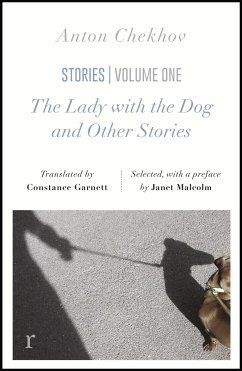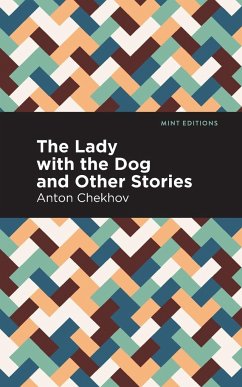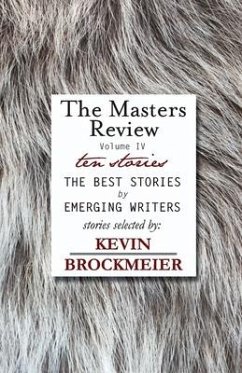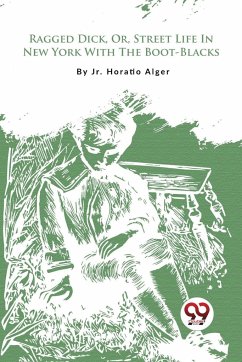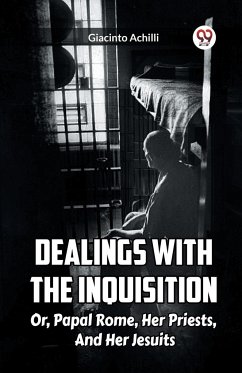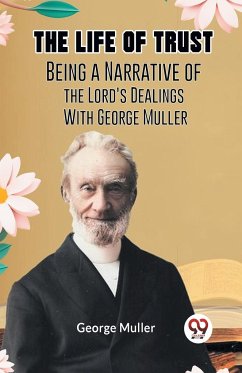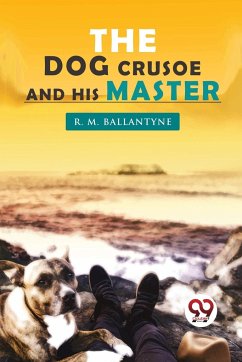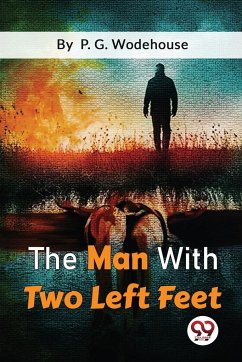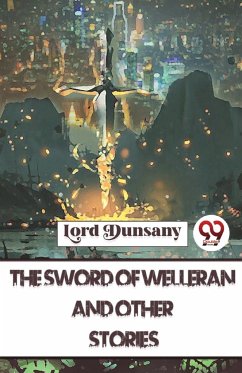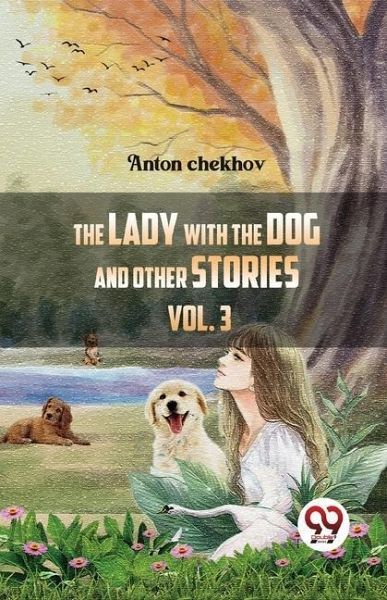
The Lady With The Dog And Other Stories Volume 3

PAYBACK Punkte
7 °P sammeln!
"The Lady with the Dog and Other Stories" is a collection of short stories written by Anton Chekhov, a Russian playwright, and author, and is the third volume of his works. The titular story, "The Lady with the Dog," is a poignant tale of an affair between a married man and a young woman while on vacation in Yalta. This story explores themes of love, morality, and the societal constraints placed upon relationships. The other stories in the collection also examine the complexities of human relationships, with a particular focus on the struggles of the Russian middle class. From the disillusionm...
"The Lady with the Dog and Other Stories" is a collection of short stories written by Anton Chekhov, a Russian playwright, and author, and is the third volume of his works. The titular story, "The Lady with the Dog," is a poignant tale of an affair between a married man and a young woman while on vacation in Yalta. This story explores themes of love, morality, and the societal constraints placed upon relationships. The other stories in the collection also examine the complexities of human relationships, with a particular focus on the struggles of the Russian middle class. From the disillusionment of a husband with his marriage to the breakdown of a family business, this story of Chekhov provides insight into the struggles of everyday people. Chekhov is known for his masterful use of understatement and subtlety, and his writing has been highly influential in the development of the short story form. "The Lady with the Dog and Other Stories" is a must-read for those interested in exploring the human condition through the lens of Russian literature.





